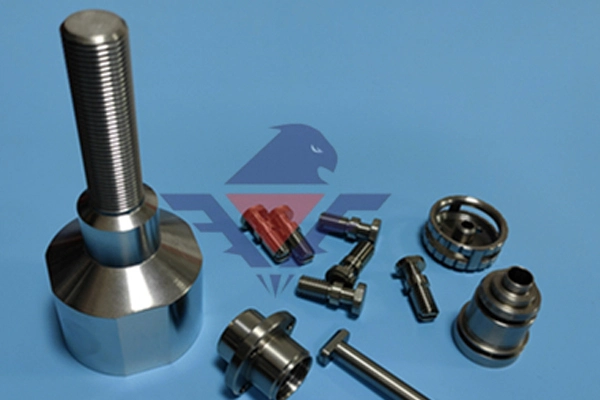
Keyword: Swiss Machining
html
Swiss Machining: Precision and Efficiency in Manufacturing
Swiss machining, also known as Swiss screw machining or Swiss turning, is a highly precise manufacturing process that has revolutionized the production of small, complex parts. Originating in Switzerland’s watchmaking industry, this technique has become a cornerstone of modern manufacturing across various industries, including aerospace, medical devices, and electronics.
The Swiss Machining Process
Unlike conventional lathes, Swiss machines use a sliding headstock and guide bushing to support the workpiece very close to the cutting tool. This unique setup provides exceptional stability and allows for:
- Extremely tight tolerances (often within ±0.0002 inches)
- Superior surface finishes
- Simultaneous multiple operations
- Minimal vibration and deflection
Key Advantages of Swiss Machining
1. Unmatched Precision
The guide bushing system in Swiss machines virtually eliminates workpiece deflection, enabling manufacturers to achieve tolerances that would be impossible with conventional machining methods.
2. Increased Efficiency
Modern Swiss machines can perform multiple operations simultaneously – turning, milling, drilling, and threading – all in a single setup. This significantly reduces production time and costs.
3. Material Savings
The precision of Swiss machining minimizes material waste, particularly important when working with expensive materials like titanium or medical-grade alloys.
Applications Across Industries
Swiss machining has found applications in numerous sectors:
- Medical: Surgical instruments, implants, and dental components
- Aerospace: Precision fasteners, hydraulic components
- Electronics: Connectors, sensor components
- Automotive: Fuel injection parts, transmission components
The Future of Swiss Machining
With advancements in CNC technology and automation, Swiss machining continues to evolve. Modern machines incorporate:
- Advanced CNC controls for greater precision
- Automated loading systems for lights-out manufacturing
- Improved tooling technologies for exotic materials
- Integration with Industry 4.0 systems
As manufacturers demand higher precision and efficiency, Swiss machining remains at the forefront of precision manufacturing solutions, combining Swiss watchmaking heritage with cutting-edge technology to meet the challenges of modern production.